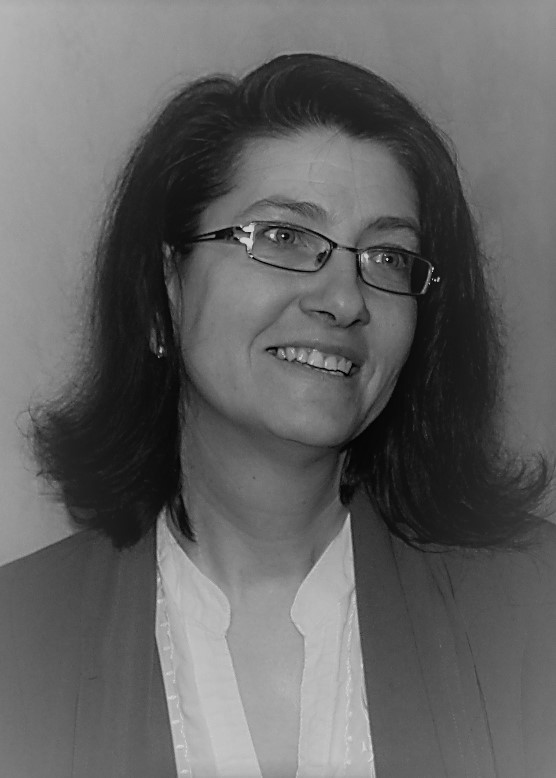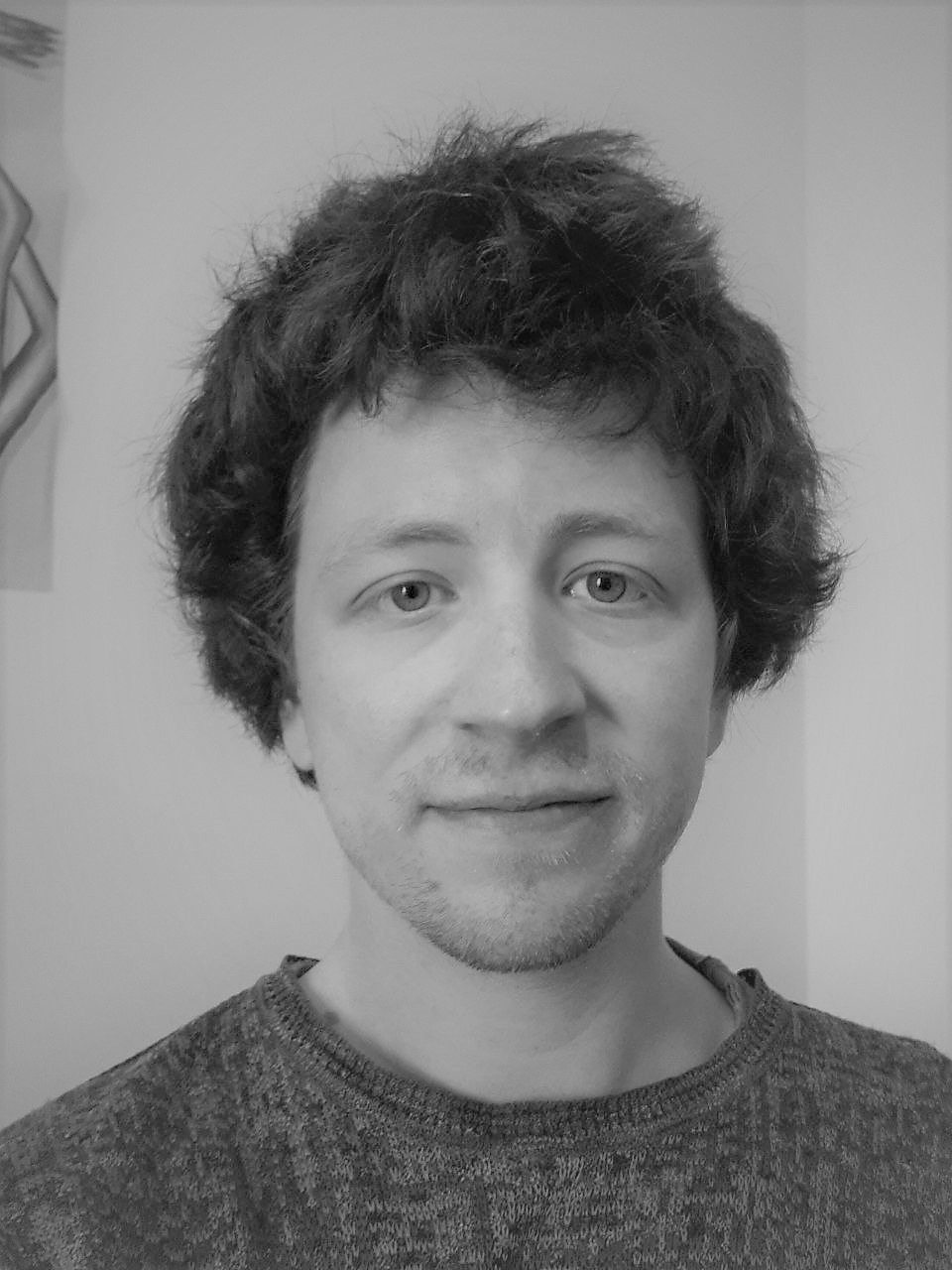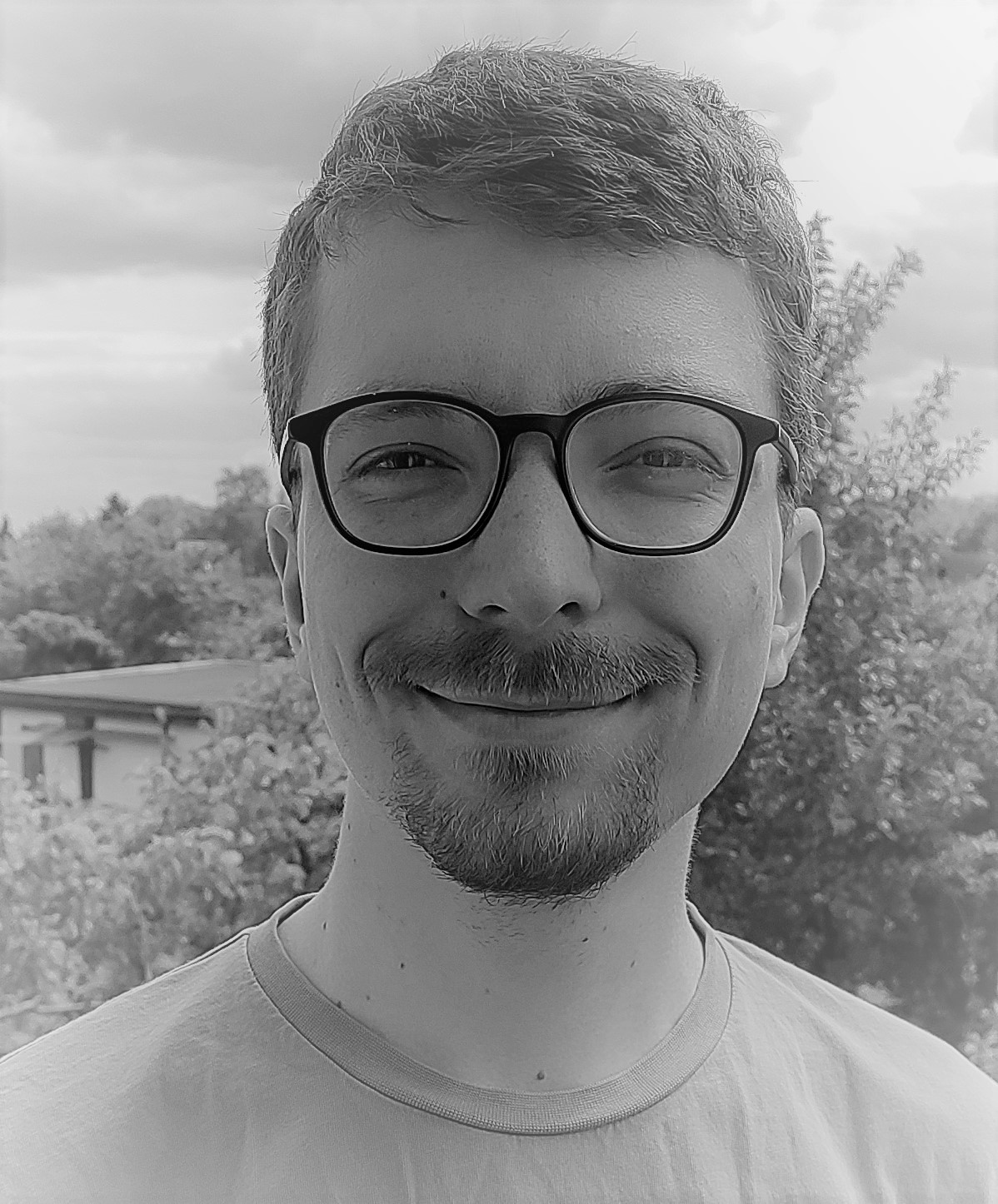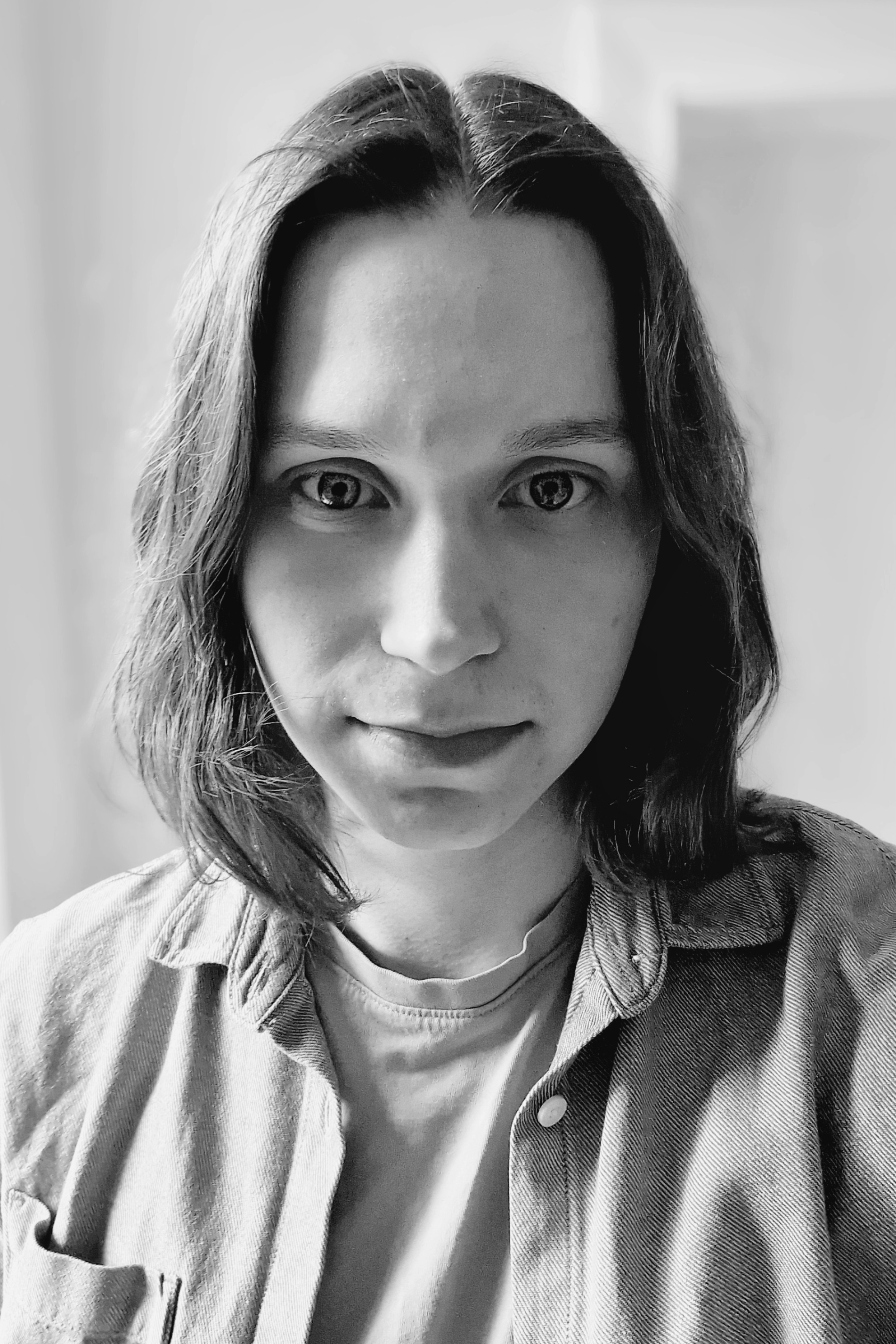Professor
|
 |
Benjamin Lindner
My interests lie in applications of methods from nonlinear
dynamics, stochastic processes, and information theory to
complex systems, in particular in neuroscience and cell
biology. I focus on developing analytical frameworks for these
problems, which does not exclude occasional (mostly happy)
encounters with experimental data and serious attempts to
understand them in theoretical terms.
030-2093-82492 or 030-2093-7934 |
benjamin.lindner(at)physik.hu-berlin.de | Homepage
|
Secretary's Office
|
 |
Sandra Funk
I try to solve all the other issues apart from physics. Don't
hesitate to contact our office.
030-2093-82490 or -82487 | officebl(at)bccn-berlin.de
|
Research Assistant
|
 |
Michael Zaks
I am interested in collective dynamics in ensembles of coupled
systems that model physical and biological effects, like onset
and breakdown of synchronous oscillations, symmetry breaking
and mechanisms of clustering. Starting from simplified models
and proceeding to more realistic ones, I apply methods of
nonlinear dynamics to study the effects of coupling patterns,
heterogeneity and system size upon transitions between
different types of behavior.
030-2093-7608 | zaks(at)physik.hu-berlin.de
|
 |
Ralf Tönjes
My primary research experience is on the effects of noise and
heterogeneity in the transition to collective dynamics of
coupled systems. As a Research Assistant in this group I try
to contribute this experience to ongoing research projects and
in support of the younger researchers.
030-2093-82480 | toenjes(at)physik.hu-berlin.de
|
PostDoc
|
|
|
PhD Students
|
 |
Maria Schlungbaum
In my PhD thesis I study the signal detection in sensory
neurons which are subject to two competing periodic signals of
distinct frequencies and amplitudes. This kind of problem
arises if we want to understand how several weakly electric
fish communicate in natural situations, e.g. during courtship
behavior (one female and two competing male fish). In
collaboration with the experimental lab of Jan Benda in
Tuebingen, I would like to understand how this cocktail-party
problem is solved by the electro-sensory system of this
species.
030-2093-82494 | maria.schlungbaum(at)bccn-berlin.de
|
 |
Jakob Stubenrauch
I want to understand how cognitive functions emerge from the
collective behavior of the large number of neurons in our
brain. To this end, I study idealized neuronal networks using
methods from statistical physics. In my PhD thesis, I focus on
the consolidation of short-term memory into long-term memory,
and I investigate how a knowledge base or schema can
facilitate this process.
030-2093-82494 | jakob.stubenrauch(at)bccn-berlin.de
|
 |
Georg Podhaisky
In my project I study nonlinear fluctuation-dissipation
theorems as a test for the Markovianity of a system.
030-2093-82494 | georg.podhaisky(at)bccn-berlin.de
|
 |
Kolja Klett
I'm studying fluctuation dissipation relations of the
subthreshold voltage.
030-2093-82494 | kolja.klett(at)bccn-berlin.de
|
Master Students
|
|
|
Bachelor Students
|
 |
Leander Dittrich
Neurons encode (sensory) stimuli into sequences of action
potentials, known as spike trains. These spike trains also
arise in the absence of stimuli. Analyzing the statistics of
both regimes is necessary for understanding the displayed
information filtering properties. My research focuses on
fluctuation dissipation relations, which connect these
statistics, in a two-stage neural network. The first stage
consists of a population of neurons driven by a common
stimulus. The second stage is a single neuron detecting
simultaneous firing from those neurons. Similar networks
comprise the initial stages of the neural processing chain for
many sensory inputs.
|
Guests
|
Alumni
Ben Bartos
Caroline Berlage
Davide Bernardi
Rinaldo Betkiewicz
Sven Blankenburg
Ian Clotworthy
Xiaochen Dong
Jens Doose
Felix Droste
Christoph Egerland
Leonidas Eleftheriou
Kirsten Engbring
George Farah
Jannik Franzen
Florian Fruth
Finn Müller-Hansen
Jordi Giner-Baldó
Nils Erik Greven
Konstantin Holzhausen
Lilli Kiessling
|
| |









